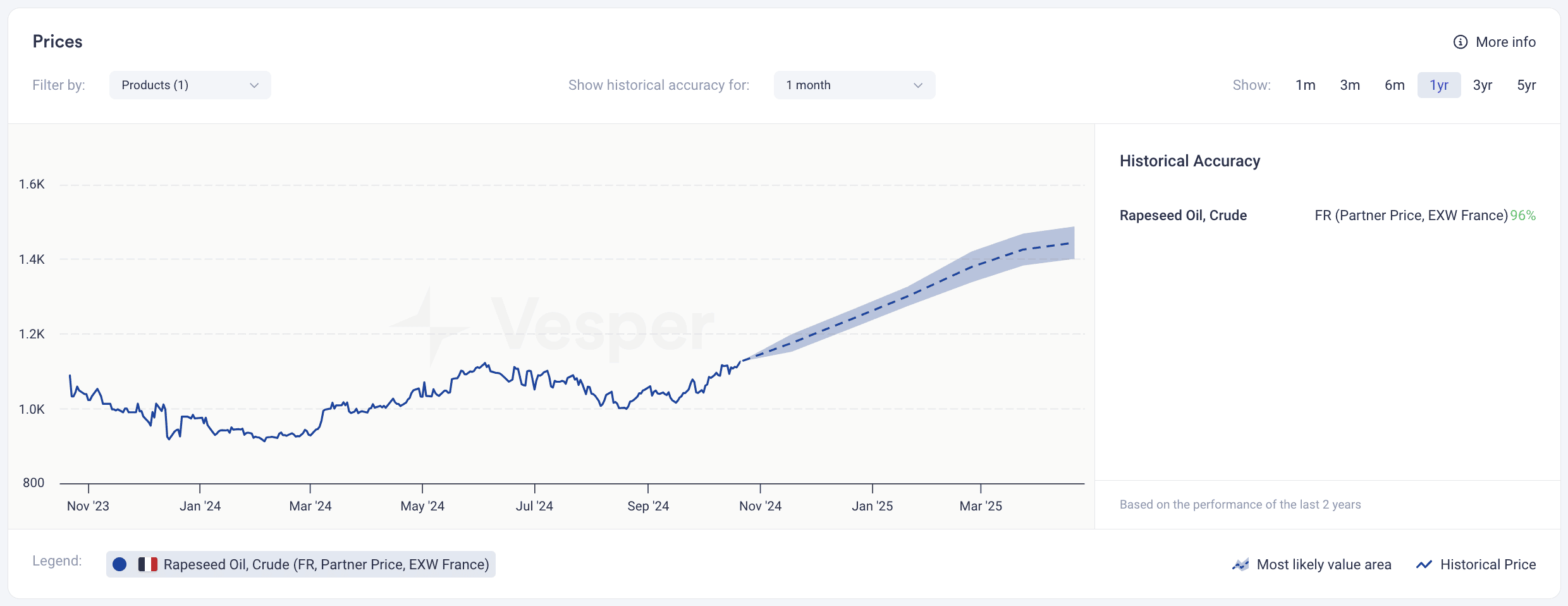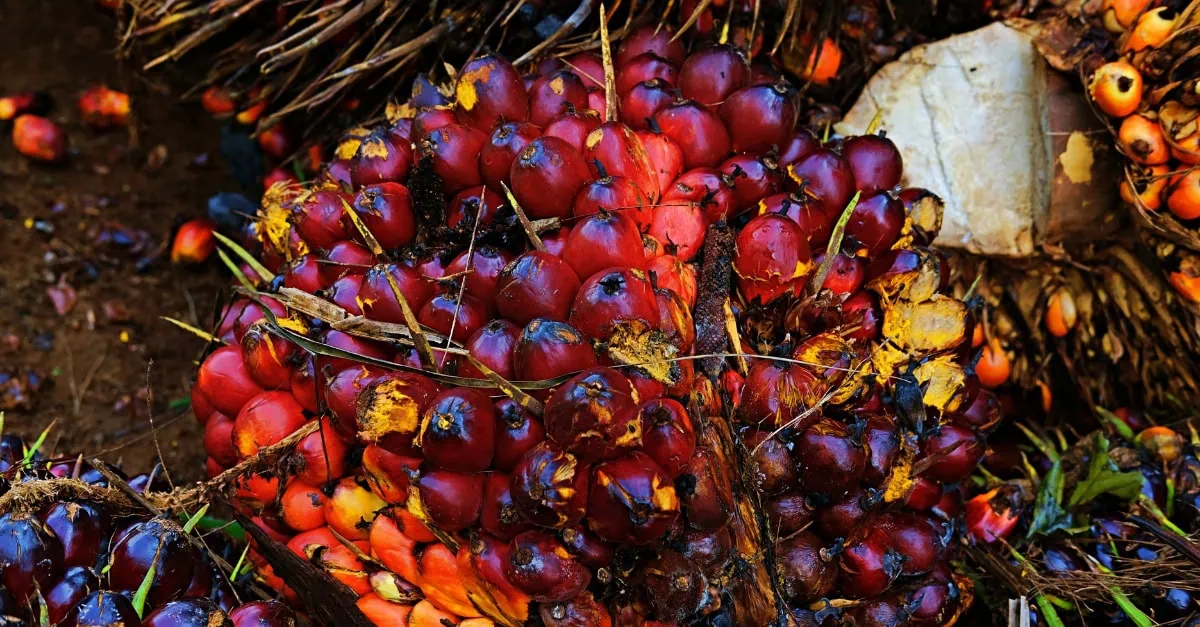The rapeseed/canola market has again avoided the bearish pressure from CBOT soy, thanks to strong import demand from China for Canadian canola. The MATIF rapeseed price (November 2024) rose to EUR 505/mt, up from EUR 495/mt last week. Meanwhile, the Vesper West E.U. Forward Price Index for Crude Rapeseed Oil (as of October 22, 2024) remained stable at around EUR 1010/mt (FOB DutchMill/Extank, NDJ). ICE Canola (U.S.) also held steady, ranging between $445/mt and $450/mt.
In the week ending October 13 (week 10), Canada exported 348,000 mt of canola, a substantial increase compared to 160,000 mt in week 9 and 86,000 mt in week 8.
This strong export pace is likely driven by Chinese buyers looking to get ahead of potential restrictions from the Chinese government, which may limit canola imports as part of an ongoing antidumping investigation into Canadian canola.
Canadian export volumes have also benefited from favorable harvest weather, which allowed crops to be harvested earlier than usual, surpassing medium and long-term averages.
Outlook
Vesper’s machine learning model predicts a bullish trend for EXW France Crude Rapeseed Oil prices, both in the short and long term, see Figure below.

In the short term, prices may be influenced by the tight supply of rapeseed and sunflower seeds, diverging from trends in the soybean market. The outlook remains sideways to slightly bullish.
In the long term, prices are expected to rise further due to projected tightness in the supply and demand balance for sunflower, palm, and rapeseed oils. Analysts from AgResources, Oil World, and other private firms anticipate that global canola and rapeseed supplies in 2024/25 will be limited, marking the tightest supply since 2021/22. The global stocks-to-use ratio is forecasted to decline from 9% in 2023/24 to 7.9% in 2024/25.
The upcoming U.S. elections could also influence canola and rapeseed prices. Donald Trump has proposed a 10-20% across-the-board tariff on all U.S. imports, with an additional 60% tariff on Chinese imports. According to Markers Farm, this could impact Canadian canola if China responds by shifting its soybean purchases to Latin America. Such a shift would create a surplus of U.S. soybeans, reducing prices and potentially affecting related oil markets, including canola.
For the full analysis on canola/rapeseed, visit Vesper for free.





